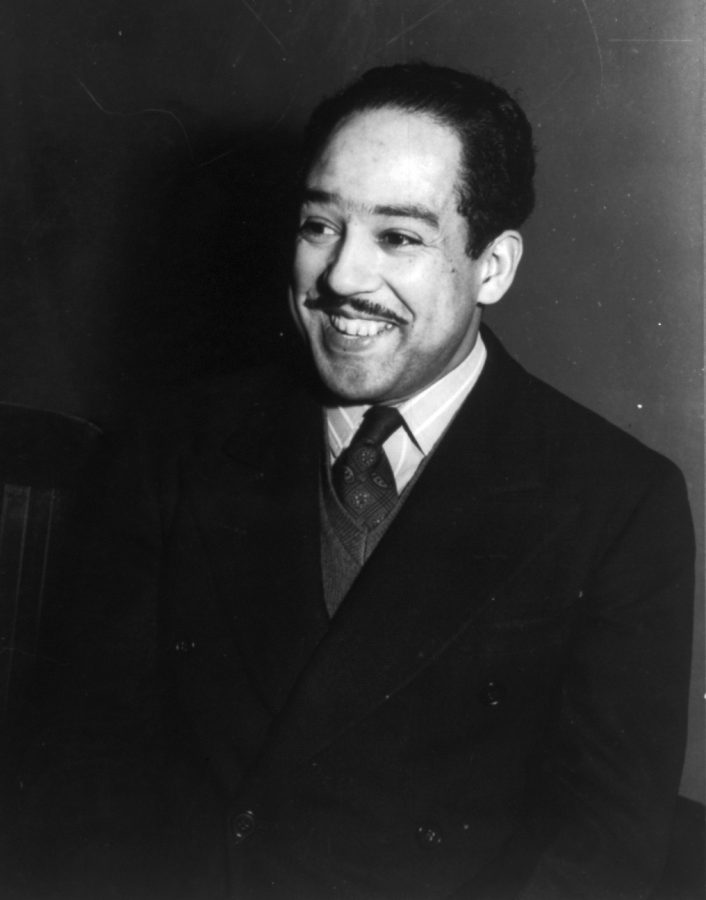Honoring African-American Figures: Langston Hughes
April 20, 2018
Langston Hughes was born on February 1, 1902 in Joplin, Missouri. Hughes was a poet, writer, novelist, and was a very prominent figure of the Harlem Renaissance in the 1920s.
Hughes lived with his grandmother until the age of 13. He then moved to Lincoln, Illinois to live with his mom and her husband. It was in Lincoln where he began writing poetry. He held frequent odd jobs when he was in Columbia University in New York City, one of them being a busboy. Hughes’ creative genius came about from his life in Harlem, New York. Hughes has gone abroad many times in his life, visiting places like Africa and Europe. Paul Lawrence Dunbar, Carl Sandburg, and Walt Whitman were some of Hughes’ main influences in his life. He pushed for equality and anti-racism. Hughes is mostly known for his “colorful” portrayals of black life, according to poets.org
“The Negro Speaks of Rivers” is one of Hughes’ most famous poems. He wrote it at the age of seventeen. When he was crossing the Mississippi River whilst on a train to meet his father, the idea came about. In the poem, he connects with his African forefathers. Hughes was very well-known for having a sense of racial pride. He always would speak on the life of his people: their suffering, pain, and love of music and laughter.
Hughes received a lot of praise from white critics for “Fine Clothes to the Jew,” a 1927 novel. He also received a lot of scrutiny from black intellectuals who said that he was portraying black life negatively.
Sources:
Langston Hughes, www.americaslibrary.gov/aa/hughes/aa_hughes_subj.html.
https://www.poetryfoundation.org/poets/langston-hughes
https://www.biography.com/people/langston-hughes-9346313




